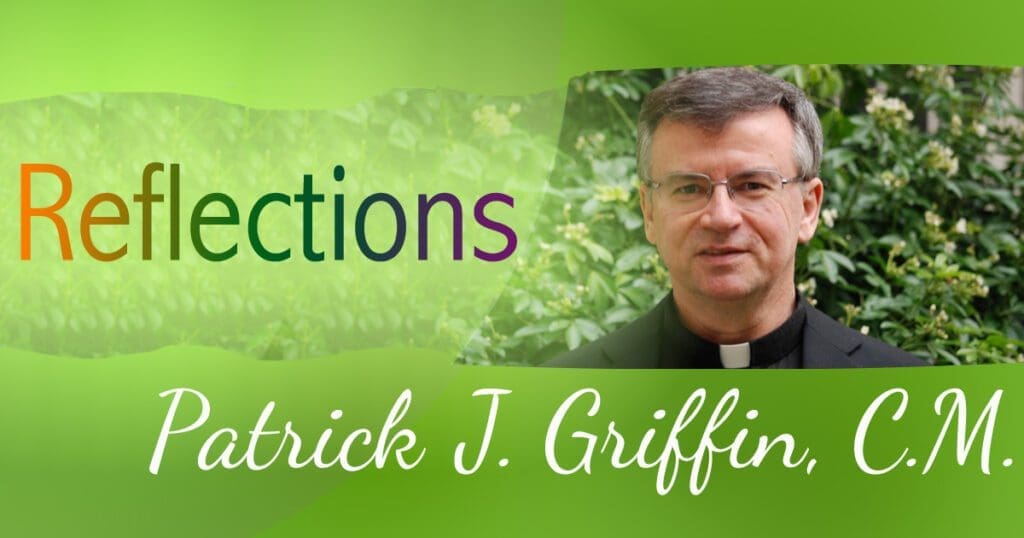When I have the honor to preach to a Vincentian group, I sometimes take the opportunity to see if we have a record of Vincent speaking on the Scripture for that day. Looking at the Gospel of the Sower and the Seed, we can find that he offers some wonderful thoughts. In a conference to the Daughters of Charity in 1648, he teaches:
“To explain to us the difference among the people who hear His word, Our Lord declares in the Gospel that the word of God is like the seed the farmer sows in his field. . . . This beautiful seed of the word of God is scattered into the hearts of all who hear it; this beautiful word, this holy, life-giving word is intended to serve as food for all persons. It’s like the seed the sower plants, which would become nourishing food if it found everywhere a fertile soil in which it could fructify. . . . (The Good Use of Instructions, CCD IX, May 1, 1648, pp. 313-314)

Vincent reflects on the authority of the Sower and the power of the seed, but he spends most of his time speaking about the soil that must receive this seed. He prays that among the Sisters “this divine word may find good soil in which to take root.” Similarly, in the parable, the soil receives the greatest emphasis.
If we consider that each of us is the entire field that receives the seed, we can recognize that different kinds of soil exist in the lives of each of us. Sometimes, we are like the stony soil that does not receive the seed at all. Is it possible that there are aspects of the Word of God to which we are completely deaf? Are there teachings that completely escape us because we do not open our hearts? Sometimes, we may be like the shallow soil that only allows the seed a certain depth for growth. We may tell ourselves that we hear this part of the Gospel, but we do not give it the space to influence how we think or act. Sometime, we may be like the soil that abounds with weeds and thorns that choke off any words that do not agree with what we already believe. Part of me asks if this last is not the most dangerous type of soil. Other value systems/authorities choke off the impact of the Gospel message, and we allow them to do so.
The interpretations that Jesus gives to the compromised types of soil in the parable seem clear enough, but sometimes the interpretations themselves are the seed that finds no hold in the hearer—in us. We have no control over the Sower and the Seed, but the Soil is firmly within our ambience.
We should note that even the good soil varies. Sometimes it bears fruit thirtyfold, and sometimes sixtyfold, and sometimes a hundredfold. Once we have come to a true understanding of God’s word, we must not think that we have reached the goal. Numerous broader and deeper and richer ways of producing yield can be born from this insight.
The parable of the Sower and the Seed directs our attention most forcefully to the soil that receives God’s gift. Vincent highlights our summons to make ourselves worthy soil that accepts God’s word with eagerness and anticipation. For this grace, we certainly seek the inspiration of the Holy Spirit.







Very imaginatively laid out. Thanks
AS always, you never disappoint. Always food for the mind and heart!!